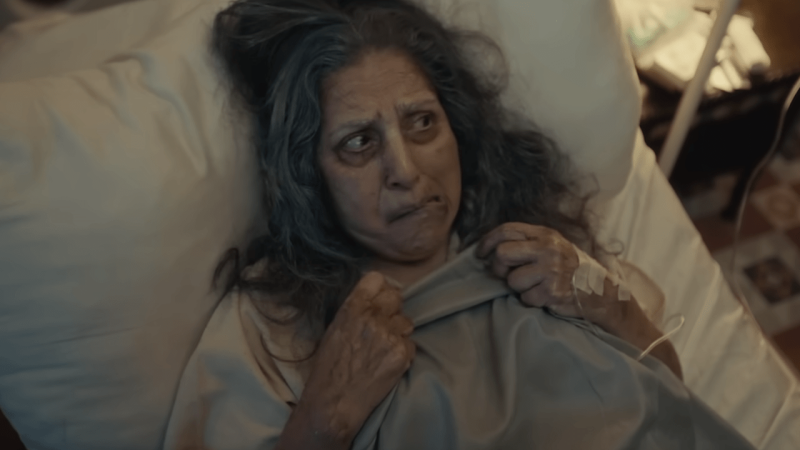'Laili' is 'mad', a 'malang', in love and a breath of fresh air
“You can say Laili is pagal [mad] but he’s that type of person,” says musician and producer Usman WithD from his studio in Quetta. “Laili is a malang [dervish], he’s in love.”
Usman, the founder of the Quetta-based multi-artist music outfit Banur’s Band, is talking about his platform’s latest release, 'Laili'. A song that comes as a breath of fresh air in a scene currently dominated by repetitive angsty rap and retro-pop and rock music.
'Laili' is an upbeat, folk-pop song that puts on a full display of a variety of traditional Baloch instruments and marries the Baloch music and lyrics with a section in Urdu, presumably to make the song a little more palatable to mainstream audiences. Even if they hadn’t, 'Laili' would’ve worked its catchy magic on audiences anyway.
Produced by Usman WithD, 'Laili' features the vocal talents of Hussain Bakhsh — who sings the Balochi section — and Raisa Raisani, who sings the Urdu section.
Banur’s Band is committed to showcasing indigenous music from Balochistan and its latest release Laili, does so with ecstatic abandon
Is Laili a man? “Laili is a girl, but the song Laili is sung by [from the perspective of] a man who works at a brick kiln. He’s singing about this girl, Laili, whom he’s in love with but he’s never actually seen before. He’s gone mad in his love for her. The sufi part of the song is when the girl returns his affections in the form of duas [prayers] for him.”

And the rich array of indigenous instruments that are performed in the song include the chunk — “The one with the poun poun sound,” points out Usman. In the video you can see a man looking like he’s biting on a string that is creating that sound. “It’s the kind of instrument which, when played in the mountains, sounds very different to that in the studio, due to the reverb of the mountains.”
There’s also a special three-stringed Baloch “guitar” called the dambura, another instrument called the sarooz and a hollow-from-the-sides violin-type instrument called the sarod. Finally, there is also the banjo. “I recorded the banjo as if it were a western guitar,” relates Usman.
According to Usman, Covid-related lockdowns have been particularly hard for the artists’ community in Balochistan. “It’s affected people all over the world,” he corrects himself. “But especially the work that artists get here. I know of some who at times don’t even have enough to eat because they earn money on a daily basis by performing at baithaks. If there are no baithaks, there is no earning and it’s very difficult for them.”
Banur’s Band first came under the spotlight when they were featured on Season 12 of Coke Studio. Banur’s Band is the brainchild of Usman WithD, who also runs an audio and video studio in Quetta and travels across the country as a session artist. It was Usman’s stint in Coke Studio that made him think about the unsung, unknown (to the larger world) talent of artists in Balochistan and how, perhaps, if they are given a platform to showcase their work, people would become more aware of them and they will get better opportunities — in shows like Coke Studio etc.

He’s featured a variety of indigenous musical acts through his Banur’s Sessions platform on YouTube. Banur’s Sessions often feature music that specialises in merging traditional Balochi and Pashtun folk music with more modern music production techniques.
Their first release, on August 14, last year is a beautiful folk music rendition of the Pakistani national anthem. “It’s the national anthem being played on the sarod,” informs Usman, of the violin-like instrument that’s played by indigenous folk musicians in both Sindh and Balochistan.
After 'Laili', Usman is especially excited about Banur’s Sessions’ next upcoming release. “It’s a song in Hazargi,” he relates. “People had pointed out that we’d already done songs in Balochi, Pashto, some Urdu etc. What about something from one of the communities often overlooked and oppressed in Balochistan — the Hazara people?
“The song will highlight the folk culture of the Hazara people. It’s a sufi song about Nauroze — the Persian new year — but which we are releasing after Nauroze,” he finishes. This should be very interesting indeed.
Originally published in Dawn, ICON, March 28th, 2021












Comments